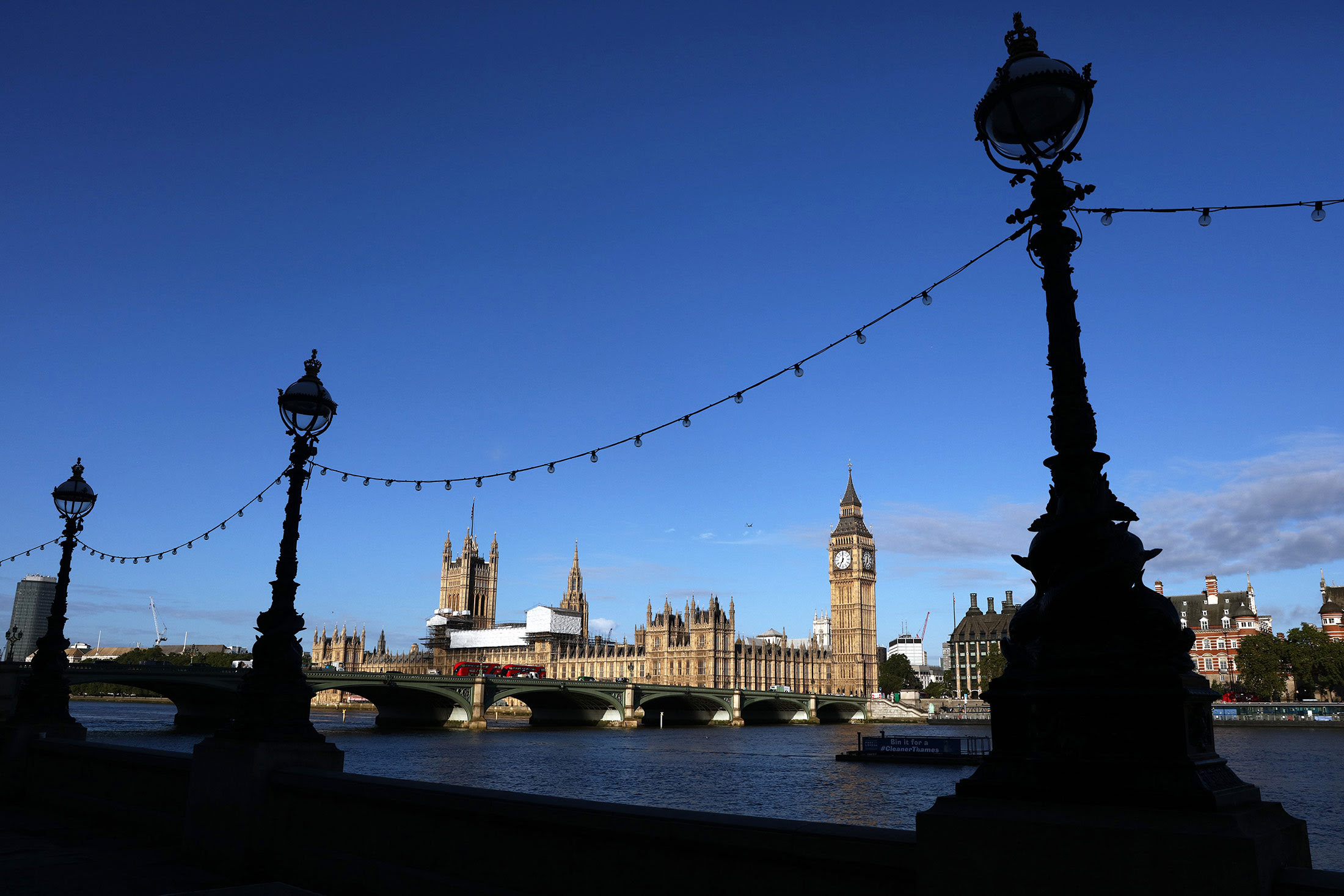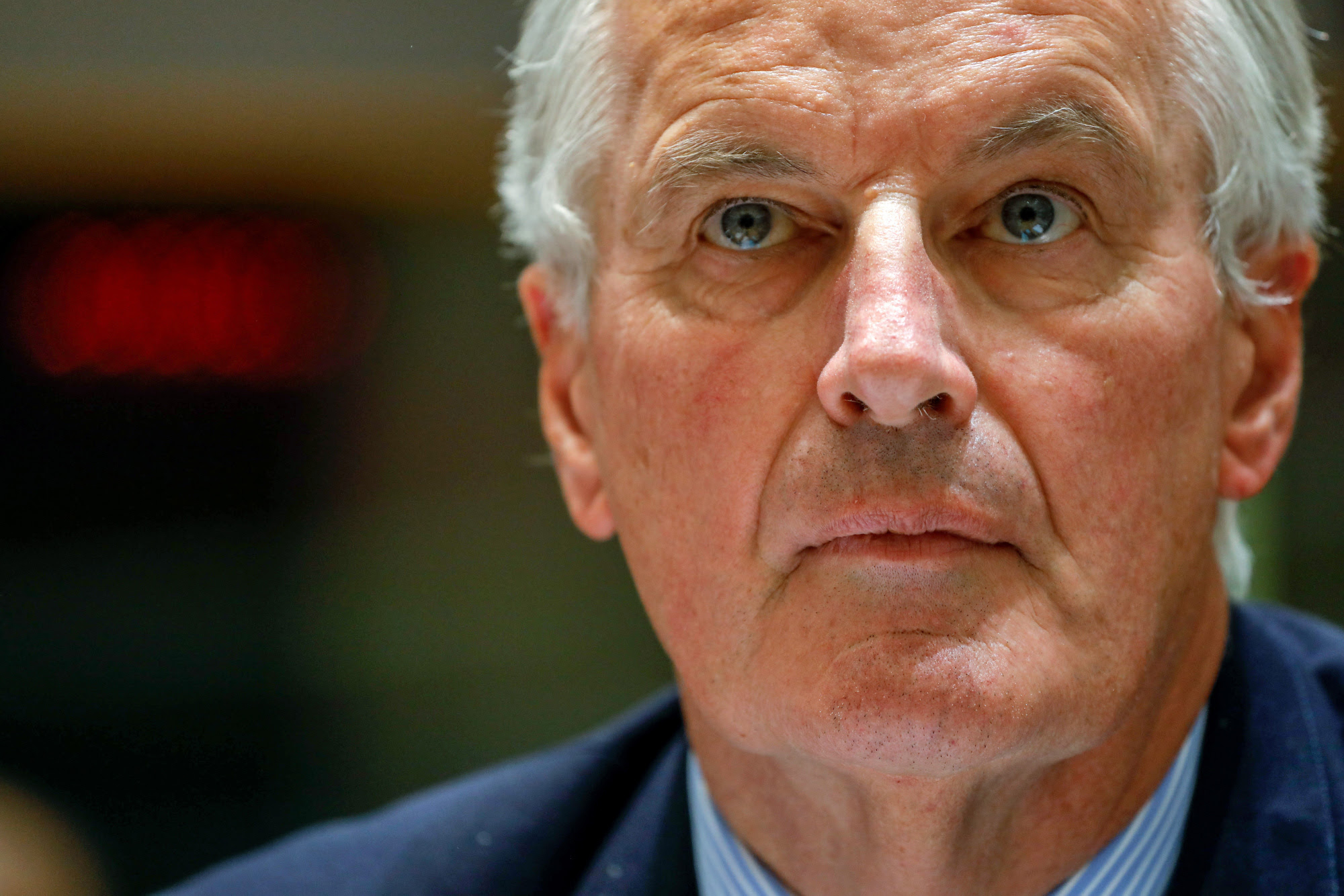Reasons Brexit still might not turn soft
The snap assumption made in the wake of last month’s U.K. election was that Britain would readjust its sights and target a soft Brexit.
The resurgence of Jeremy Corbyn’s opposition Labour Party and the need for Prime Minister Theresa May’s Conservatives to unite with the Democratic Unionist Party were two reasons given for that rethink.
The U.K. may still end up with a more economy-friendly Brexit, but two reports from Bloomberg on Wednesday show that’s not necessarily a sure thing.
First, Thomas Penny and Alex Morales outline how Corbyn is still committed to withdrawing the U.K. from the single market despite having drawn support from pro-European young Britons.

The reason is that the 40 percent of the votes Labour attracted in June came from both pro-remain London and leave-voting northeast England. Taking one side risks alienating the other as Corbyn starts to plot a path to power.
“He’s ambiguous, he’s not an enthusiast for the EU and never has been,” said Steve Fielding, who teaches politics at the University of Nottingham. “The more clear Brexit becomes, the more clear Corbyn’s position becomes. Potentially it’s going to be more difficult for him than Theresa May.”
The Financial Times reported today, though, that Labour’s Brexit spokesman Keir Starmer was urging the government to drop its red line over the European Court of Justice.
Meantime, Bloomberg’s Dara Doyle reports how DUP Leader Arlene Foster’s upbringing and the province she represents don’t bode well for a soft Brexit either.

While Foster has said she wants a “sensible” Brexit and a “frictionless border,” the reality is that her party and its supporters backed leaving the EU and their allegiance to the U.K. is staunch.
“The DUP was hard-line Brexit before, during and after the referendum,” said Nicholas Whyte, a visiting professor at the University of Ulster. “They care about their base, like all political parties, and their base voted for Brexit. They want a hard Brexit, and there is zero sign of a change in attitude.”
Businesses See Opening
May’s disastrous election performance handed companies greater leverage to lobby for a business-friendly Brexit, said Barbara Judge, chairman of the Institute of Directors.
“The election has upside for the business community,” Barbara Judge, chairman of the industry lobby group with about 35,000 members, said in an interview in Geneva. “It’s opened the door for us.”
Separately, the Financial Times reported May’s former policy director John Godfrey believed her team of advisors lacks business experience and that bridges to industry need to be built.
Brexit in Brief
- The U.K.’s EU Repeal Act, which will take all EU laws and replicate them in U.K. statute, is expected to be put before Parliament next week, says government
- Denmark moves a step closer to joining the European banking union as the Scandinavian country seeks to compensate for the loss of the U.K. as an ally in political negotiations
- The Bank of England tells U.K. banks to prove that their policies on credit cards, personal loans and other types of consumer lending won’t leave them weaker in a downturn. Its regulators also expressed concern about a decline in foreign demand for U.K. assets
- Malta Prime Minister Joseph Muscat calls Brexit a “disastrous creature” that the EU should have done more to stop
- Health Secretary Jeremy Hunt was photographed with a document that read “hard Brexit means people fleeing U.K.” He said it was a preparatory document for a parliamentary appearance.
Brexit Barometer

Bloomberg’s measure of the U.K. economy rose a touch on Tuesday after Monday’s fall, staying in “windy” territory at 8.3.
And Finally…
Michael Spencer’s NEX Group is under fire from investors after asking for the authority to make £100,000 in political donations.
The board of the electronic trading and financial technology company formerly known as ICAP approved contributions of £5,000 each for five candidates in last month’s general election who ran against Liberal Democrats backing the pro-European ‘Remain’ campaign, according to a notice of the company’s 2017 annual general meeting. Board members also want the authority to make further outlays.
But Institutional Shareholder Services, which often sways around 20 to 25 percent of investor votes at an annual general meeting, is advising subscribers to vote against granting authority for any more donations at NEX’s meeting, scheduled for July 12.



Comentarios
Publicar un comentario